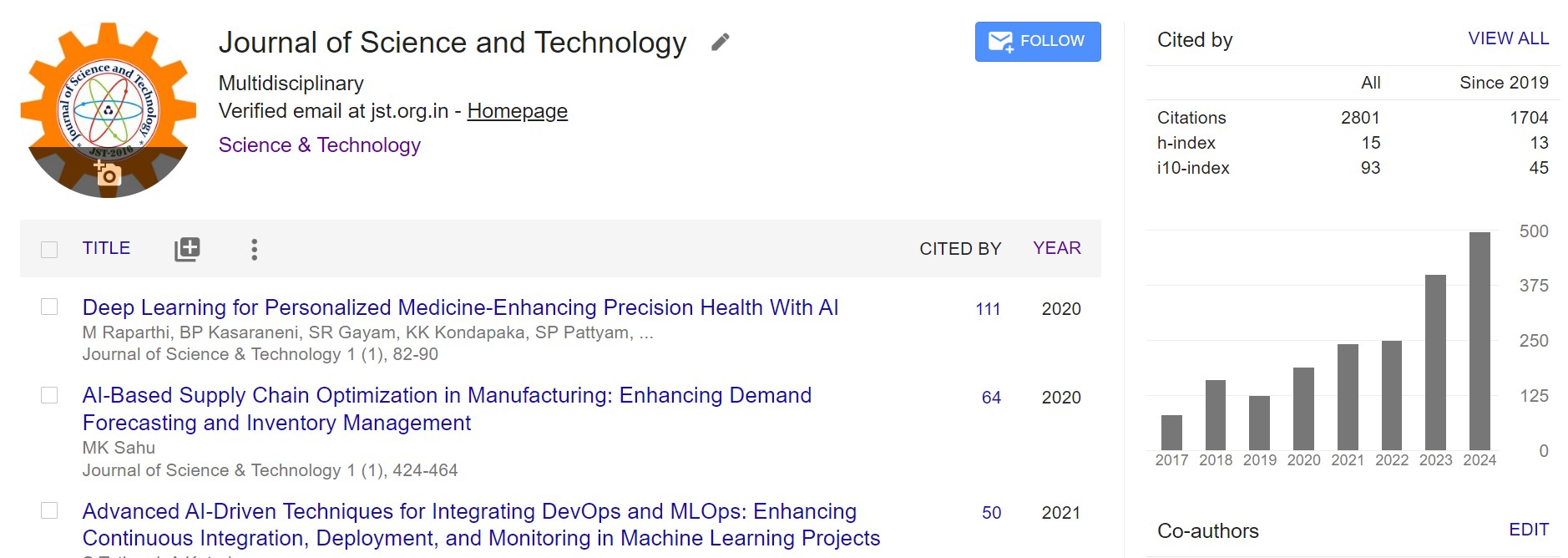Elective percutaneous coronary intervention and the Risk of Periprocedural Myocardial Injury: A Randomized Clinical Trial on Allopurinol's Effects
Keywords:
.Abstract
t: A major public health concern with a high death rate is periprocedural myocardial damage (PMI) during percutaneous coronary intervention (PCI). Among the many causes of PMI, inflammation and oxidative stress rank high. Allopurinol may be beneficial for the heart because it reduces oxidative stress caused by xanthine oxidase (XO). Objectives: One hundred ten patients hospitalized for elective percutaneous coronary intervention (PCI) were the subjects of this randomized clinical experiment. Two hours before to the surgery, 55 patients were randomly randomized to either receive the normal pretreatment or a 1200 mg loading dose of allopurinol. At baseline, 8, and 24 hours after PCI, the levels of creatine kinase-MB (CK-MB) and cardiac troponin I (cTnI) were assessed in both groups. At baseline (P = 0.71), 8 hours (P = 0.26) and 24 hours (P = 0.88) after PCI, there were no statistically significant changes in the CK-MB levels between the two groups. At baseline (P = 0.26), 8 hours (P = 0.80), and 24 hours (P = 0.89) after the PCI, there were no significant changes in the cTnI levels. Neither group differed from the other on the mean CK-MB and cTnI change. In conclusion, our investigation found no evidence that allopurinol reduced enzymes particular to the heart.






















